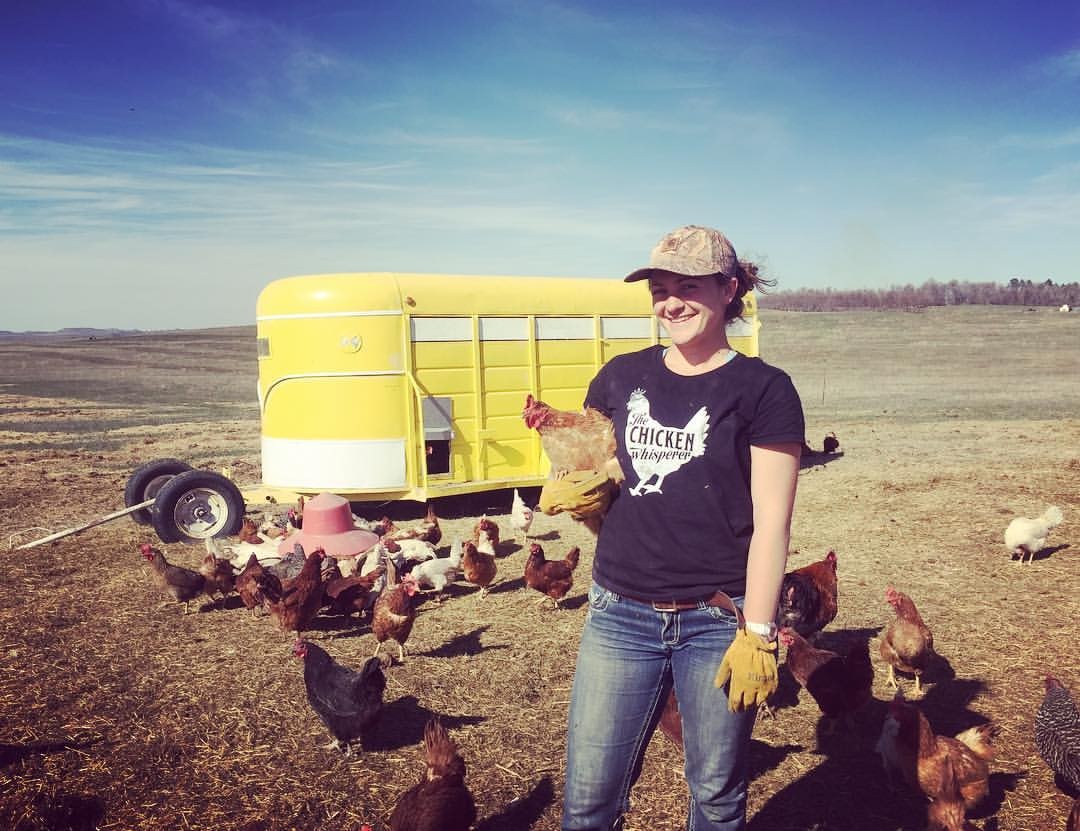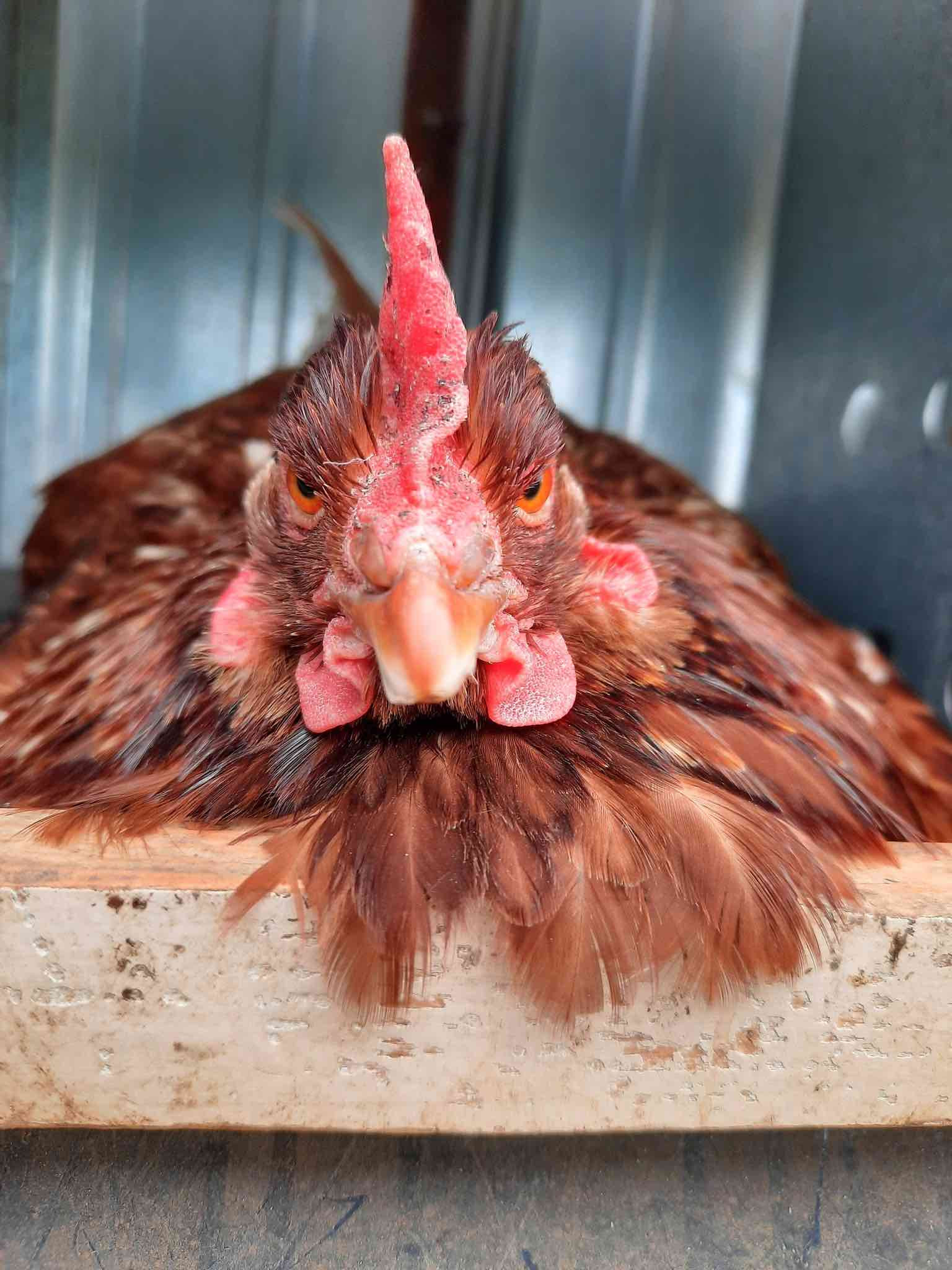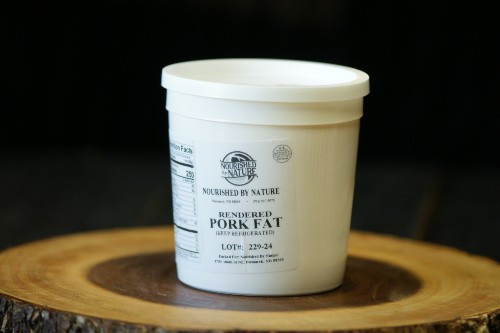2017 Brown's Ranch Interns
posted on
May 2, 2017
Spring is in full swing and we welcomed two interns to help us out throughout the growing season. They went through a rigorous application process and came out on top! We love the opportunity to help young people gain practical ranching experience and bring new minds into the agricultural industry. We have asked them to introduce themselves to our customers in this blog. Without further ado, meet our interns: Kase Wheatley and Jazmin Jordan!
Kase Wheatley

I grew up in LA suburban-sprawl between some freeways, a power plant, a military base, and a horse-racing track. During college, I experienced open space which opened my mind; I learned about the disparity between how I thought the world ought to be and how the world actually is. Agriculture touches everyone and everything; it seems like we ought to to do it in a way that doesn't just sustain the damage and devastation we've inflicted upon the Earth but actively regenerates it. Rather than selectively poisoning the ground I choose to selectively promote life. As Pardot Kynes, the first Planetologist of Dune, said "Life improves a system's capacity to sustain life. Life--all life--is in the service of life."

Jazmin Jordan
I grew up in Southern California, loving the sunshine but always having the itch to live out in the country and work on a ranch. I studied Animal Science at the University of California, Davis, hoping someday to make it through vet school and become a veterinarian. However, agriculture proved to be a big part of the Animal Science curriculum and fascinated me with the many processes, methods and outlooks different producers have for making our food. One day, one of my professors showed me a video of Gabe Brown speaking and that was when I knew it was something that I wanted to be a part of. After spending some time traveling the U.S. and working in a vet clinic, I applied to Brown's Ranch and was accepted! Aside from the ranch, I really enjoy playing ultimate frisbee, reading, and [when I'm in California] going to the beach.






